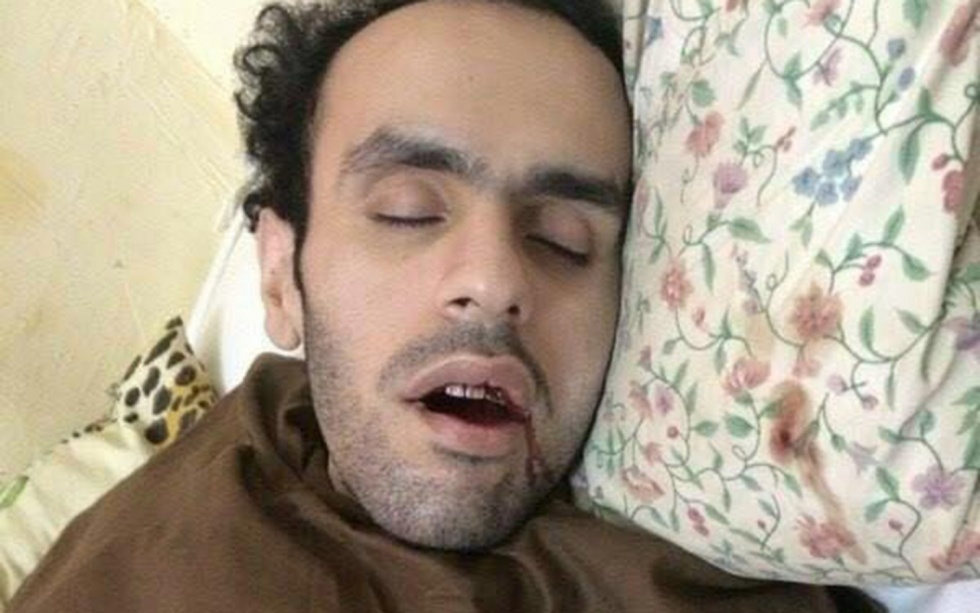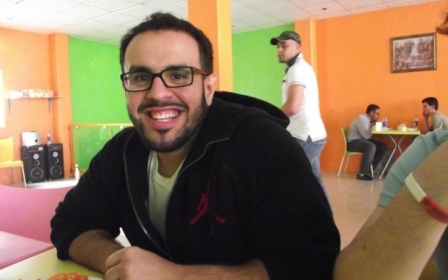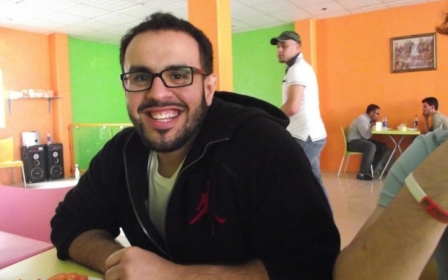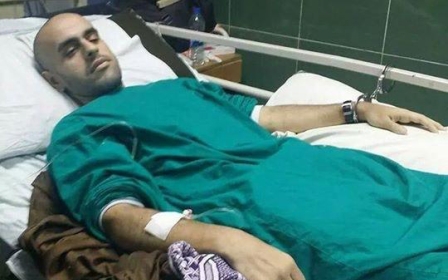Mohamed Soltan reportedly appears in court after 406 days on hunger strike

Reports have emerged that Mohamed Soltan, a jailed Egyptian-American activist who has been on hunger strike for 406 days, may speak in a court at Tora Prison on Saturday.
Along with 52 other defendants, Soltan was reportedly brought into the court at the prison where he is being held on Saturday, although journalists at the scene said it is hard to verify his presence as defendants are being held in a cage with thick, opaque glass.
An email sent to international media by members of the Free Soltan campaign indicated that, despite his frail condition, the 29-year-old is expected to speak as his trial resumes on Saturday.
Soltan was originally arrested in August 2013 after taking part in the sit-in at Rabaa al-Adawiya Square which was violently dispersed by police and the army.
While in prison, he began a hunger strike in protest which has now lasted for well over a year and he was reported to have fallen into a coma.
In May 2014 he made a video appeal to US President Barack Obama asking for diplomatic intervention in his case:
In October 2014, Obama asked Egyptian President Abdel Fattah al-Sisi to release Soltan on bail on health grounds, but the court refused saying that it resented any international interference in a "purely judicial affair".
The court also claimed it had medical reports that proved he was faking his hunger strike.
Soltan is charged with “forming an operations room to direct the terrorist Muslim Brotherhood group to defy the government during the Rabaa sit-in dispersal and to spread chaos in the country.”
Following the crackdown on the Muslim Brotherhood after the ousting of former President Mohamed Morsi in June 2013, figures vary for the number of Egyptians who have been arrested, but it is estimated to be in the tens of thousands.
New MEE newsletter: Jerusalem Dispatch
Sign up to get the latest insights and analysis on Israel-Palestine, alongside Turkey Unpacked and other MEE newsletters
Middle East Eye delivers independent and unrivalled coverage and analysis of the Middle East, North Africa and beyond. To learn more about republishing this content and the associated fees, please fill out this form. More about MEE can be found here.




